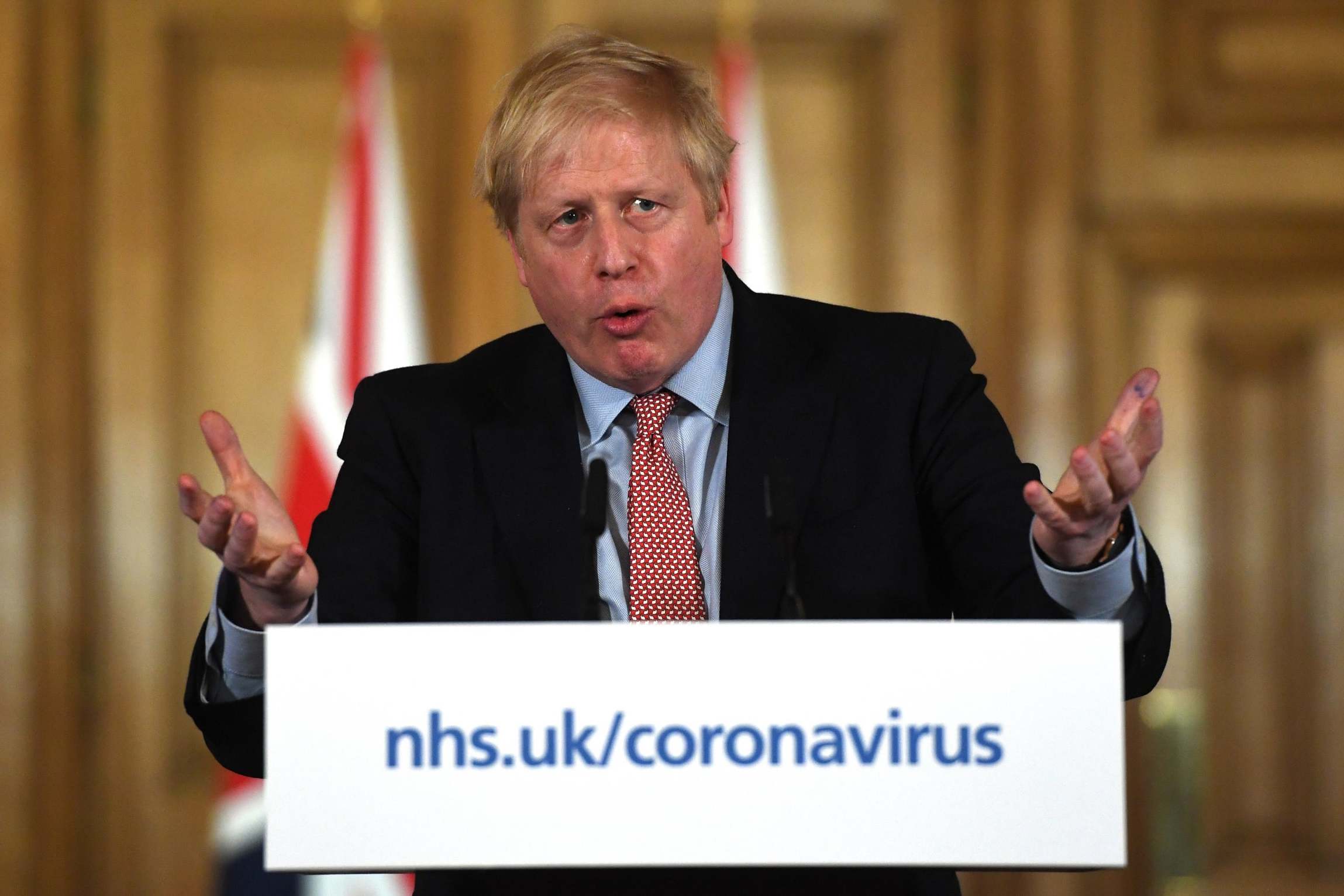Will there be a public inquiry into Britain’s response to coronavirus?
The outbreak is yet to peak in the UK, but thoughts are already turning to the blame game in Westminster, writes chief political commentator John Rentoul


Ministers and civil servants expect there to be an inquiry into the government’s handling of the coronavirus pandemic when it is all over. Although it is too early to say how badly Britain will be affected, and how our experience compares with other countries, it seems certain that there will be some kind of investigation afterwards.
This is because, at the very least, it makes sense to try to learn the lessons of this outbreak so that we are better prepared for the next one. The world has known for some time that virus pandemics are a threat, and most countries and international bodies such as the World Health Organisation (WHO) have been preparing for them.
These preparations were never likely to be adequate, partly because it is hard to persuade governments to spend large amounts of public money on rare events whose timing is unpredictable, and partly because no one knew exactly what kind of disease to prepare for. Now we know more about what a modern pandemic is like, even if the next virus is very different, we have a better idea of what sort of policies will be needed to contain it.
What is more worrying is the reflex tendency in some quarters to call for a judicial inquiry, handing out sackings and punishments before it is clear that anyone is at fault. It was interesting that Lawrence Freedman, professor of war studies at King’s College London and a member of the Chilcot inquiry into the Iraq war, carried out his own mini-inquiry last week.
He looked at the minutes of the groups of scientific experts advising the government on coronavirus, and pointed out that ministers followed that advice closely. His findings were backed up by a Reuters investigation yesterday.
It may be that the scientists were too slow to realise the seriousness of the threat from a new virus, which could be one of the lessons learned; but if there is evidence of failings in responding to the outbreak, it would seem to point to the Chinese government and the WHO.
If the British government’s response fell short, that would seem to be more about the distribution of protective personal equipment, and the sometimes confused public information campaign.
The prospect of an inquiry ensures not just that politicians and officials try to do the right thing, which we hope they would do anyway, but that they make sure there is a record of it.
But there is some evidence that creating a climate of fear leads to poor decision-making, and prevents people from learning from mistakes. It is notable, for instance, how much the health service has learned from the aviation industry culture of reporting errors without blame.
If there is to be an inquiry, it would be most use if it focuses on constructive preparation for the future, rather than just handing out blame for the past.
Join our commenting forum
Join thought-provoking conversations, follow other Independent readers and see their replies
Comments